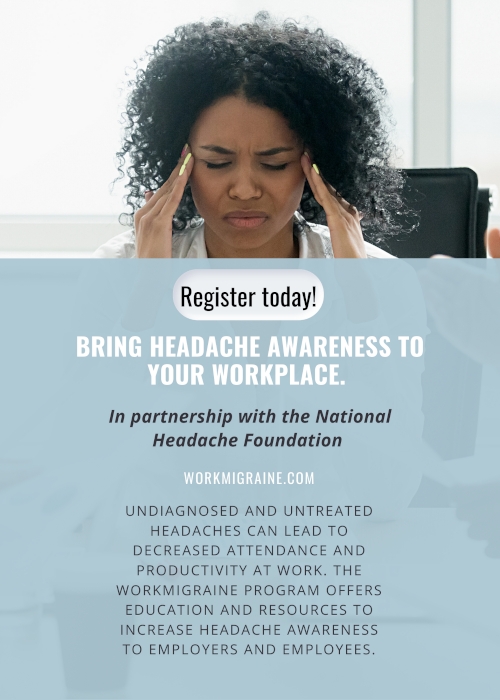Hearing Loss CommunicationsJoin Now
Hearing Loss Communications
Hearing loss is a sudden or gradual decrease in how well you can hear. It is one of the most common conditions affecting older and elderly adults. Approximately one in three people between the ages of 65 and 74 has hearing loss and nearly half of those older than 75 have difficulty hearing. Having trouble hearing can make it hard to understand and follow a doctor’s advice, to respond to warnings, and to hear doorbells and alarms. It can also make it hard to enjoy talking with friends and family. All of this can be frustrating, embarrassing, and even dangerous.
What treatments and devices can help ?
Your treatment will depend on your hearing loss, so some treatments will work better for you than others. There are a number of devices and aids that can improve hearing loss. Here are the most common ones:
- Hearing aids are electronic instruments you wear in or behind your ear. They make sounds louder. Things sound different when you wear a hearing aid, but an audiologist or hearing aid specialist can help you get used to it. To find the hearing aid that works best for you, you may have to try more than one. Ask your audiologist or hearing specialist whether you can have a trial period with a few different hearing aids. Both of you can work together until you are comfortable. (Read the NIDCD fact sheet Hearing Aids for more information.)
- Cochlear (COKE-lee-ur) implants are small electronic devices surgically implanted in the inner ear that help provide a sense of sound to people who are profoundly deaf or hard-of-hearing. If your hearing loss is severe, your doctor may recommend a cochlear implant in one ear or both. (Read the NIDCD fact sheet Cochlear Implants for more information.)
- Assistive listening devices include telephone and cell phone amplifying devices, smart phone or tablet “apps,” and closed circuit systems (induction coil loops) in places of worship, theaters, and auditoriums. (Read the NIDCD fact sheet Assistive Devices for People with Hearing, Voice, Speech, or Language Disorders for more information.)
- Lip reading or speech reading is another option that helps people with hearing problems follow conversational speech. People who use this method pay close attention to others when they talk, by watching how the speaker’s mouth and body move.
(Source: National Institute on Deafness and Other Communication Disorders)
Helpful Links about Hearing Loss Communications
Tips to Improve Communication when Talking with Someone with Hearing Loss

